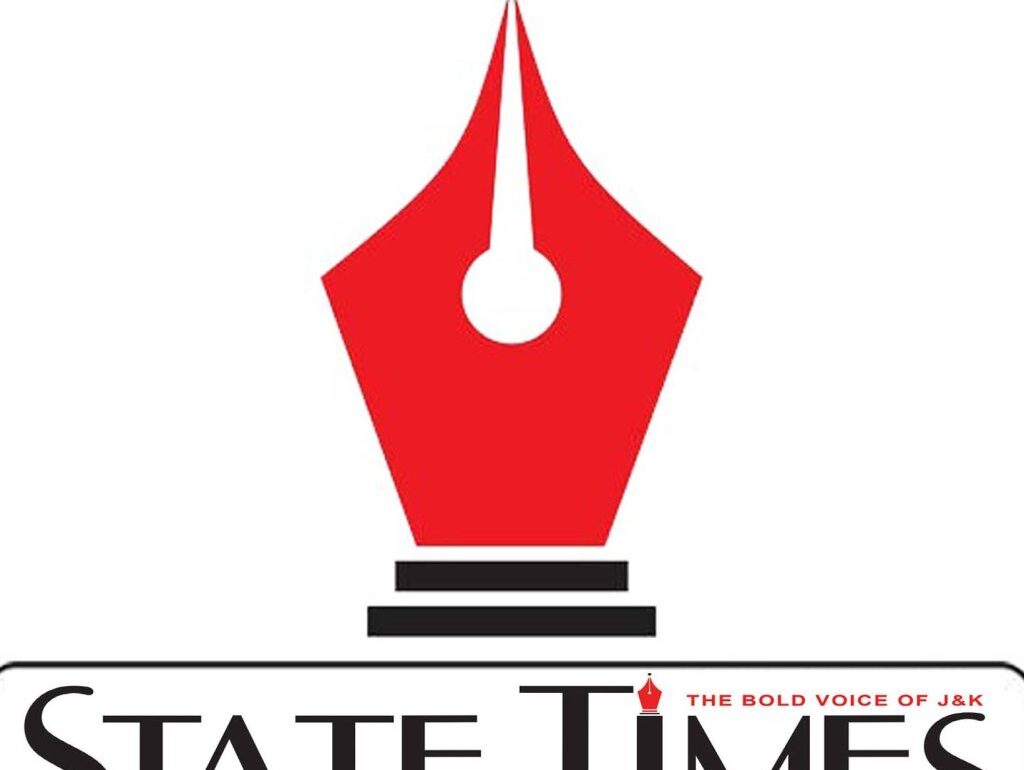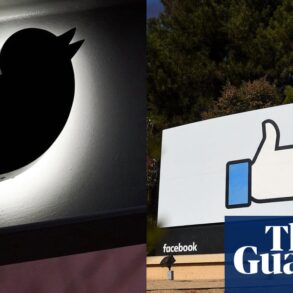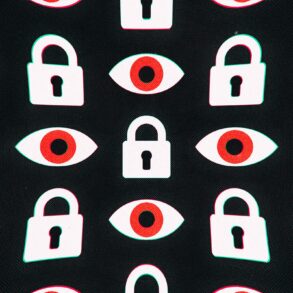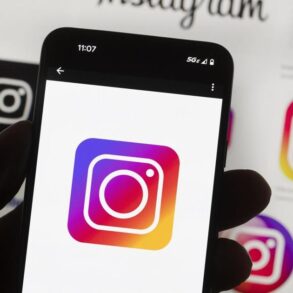
VIVEK KOUL
Our generation has grown up with technology and is used to always having it and being around it. Even though we started out with much slower or bigger, we know what it is like to constantly be ‘plugged in’ or ‘connected.’ This is definitely something that has completely altered the way that the world works and communicates, from the biggest companies to a few words exchanged via text by friends. In this modern age it is hard to remember a time when social media didn’t play a crucial role in our lives. While Facebook merely started as a small website to connect Harvard students to one another, it has become a multi-billion dollar industry. Now sites like Facebook and Twitter have various advertisements and celebrity users can make millions by endorsing products on these social networking sites. In keeping with celebrities’ influential power, social networking can be used to help better the world. Influential people can Tweet about various causes or charities they believe in, which helps to get their cause recognized. Social Media allows people to interact in ways we could never imagine without it. People don’t have time to have an hour long telephone conversation everyday with multiple people. It is very easy to catch up on someone’s life through a simple message on the computer, even email. Social Media enables a route of communication not just for personal life but for businesses, purchases, and anything you can basically imagine. Businesses have boomed due to advertisements or media sites because they get the word out quicker and faster. People hardly read the ads in the newspaper now, the world revolves around online communication and advertising on a website such as Twitter or Facebook makes people notice because that is where their primary focus is now. Social networking websites have helped to transform everyday people into red carpet-walking celebrities with their own reality shows (for better or for worse of course) and similarly, it has the ability to heighten the awareness of the smallest initiatives with the biggest potential to change the world. Social media has made the world even smaller. With the help of sites like facebook, twitter and linkedin, people hundreds of miles away from one another can connect and communicate. Social media has made it possible for companies to reach out to clients who may live on the other side of the country – or even on the other side of the planet. As a marketing tool, it is a definite game changer. Furthermore, during the Covid lockdown period as well, the social media has emerged as one of the greatest tool that has made learning process among the students very much possible. Fundamentally speaking without the help of social media platforms, the imparting of education among students during covid crisis would not have been possible. So social media can be described as the backbone and major pillar of the modern education system. In today’s society, the use of social media has become a necessary daily activity. Social media is typically used for social interaction and access to news and information, and decision making. It is a valuable communication tool with others locally and worldwide, as well as to share, create, and spread information. Social media can influence consumer’s purchase decisions through reviews, marketing tactics and advertising. Essentially, social media vastly impacts our ability to communicate, form relationships, access and spread information, and to arrive at the best decision. Perhaps the most influential social media tool is social networking sites. Facebook, Twitter, Tumblr, Blogger, LinkedIn, and Google Plus are all familiar names to the large majority of society; active social media user or not. Almost everyone from the age group of f 13 to 64 has a Facebook account. These social networking sites can be used to connect people worldwide. This means that business meetings can be conducted internationally via Google Hangouts or old friends can reconnect. For businesses, schools, and various other groups, the communication possibilities are endless.
These social networking sites have increasingly grown beyond personal use. Recently, employers have begun using social networking sites to examine the background of their prospective candidates, as well as to host interviews via Facebook or other social media technology tools. Groups can schedule virtual meetings or brainstorm together even when they can’t physically meet. This eases the scheduling pressures for school projects and board meetings. It goes without saying that we as a society have a grown reliant and dependent on social networking sites. Overall, we rely on social networks for connectivity and primary communication in today’s world.One of the largest industries that social media has had an effect on is news and journalism. Since, the internet is now the fastest and easiest way to get news, print media is diminishing and publications are being forced to post their articles online. Another effect of this advanced technology is that virtually anyone can now deem themselves a “journalist” and produce news that they feel is accurate and credible. Almost instantly we can create, share, and spread newsworthy or gossip stories across the globe. Social media has only made this easier. Top news stories are being broken via Twitter and other social networking sites and people worldwide are made aware of them almost instantaneously. The power of social media has allowed our society to be much more knowledgeable of worldwide affairs and news.
Today, we can Skype our friends/ colleagues on different continents, use Twitter to track for global trends, manage our multiple email accounts from our smartphones, coordinate with fellow professionals on LinkedIn, share photos and stories from last night on WhatsApp, launch a brand on Instagram, create a community on Facebook, get breaking updates from our news apps, order a taxi to the office with Uber and monitor our daily calorie usage with our FitBit. And we can do all of these things without even getting out of bed. Social media has its negative side as well. Instead of learning something new, or engaging in exercise, Indian teen’s hangout on Facebook, share their selfies and comments and spend a lot of time on unproductive activities. Result is low intellect and poor physical shape. Office workers use social media during work hours. This distracts them from work and makes them unproductive. Every person with a smartphone and an Internet connection has access to social media all the time – on your PC, on mobile, at the cafe, while travelling, while resting at home, etc. This has made addicts out of many urban Indians. Such addiction eats into free time and disrupts sleep, kills confidence, causes stress and much more. Having access to people’s lives at all times is not always a good thing. A new trend of cyber bullying is wreaking havoc all across the world. This is especially true with young kids. They are publicly harassing one another, and posting mean or slanderous things which are broadcasted to the entire cyber world. One of the biggest problems with the social media craze is that people are becoming more and more addicted to using it. It is the number one time waster at work, in school, and at home. All of this has caused people to have literal withdraws from their social networks. In a nutshell we can say that if the social media is being used in discipline, it will definitely bring a revolution otherwise our young generation may perhaps falls under the prey or trap of it.








